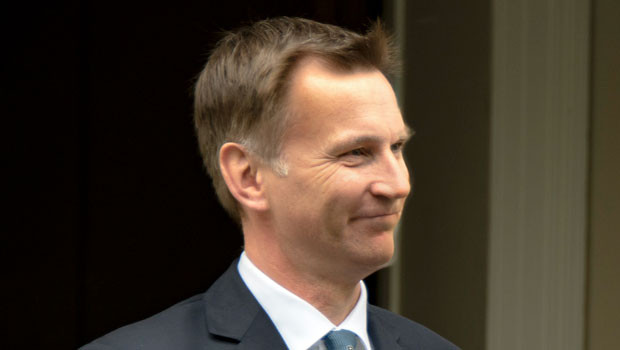Budget roundup: Hunt punts on deferred pain with eye on election

Britons face almost a decade of economic growth being wiped out as their living standards collapse after the government imposed more austerity on hard-pressed taxpayers – this time with a time-delay fuse.
Finance minister Jeremy Hunt unleashed a £55bn package of tax rises and spending cuts as he sought to place the ruling Conservative Party in a position to win the next general election in two years.
Seeking to reassure febrile and fickle bond traders that the mercifully-short Tory policy of chasing growth through unfunded tax cuts - as espoused during the disastrous 45-day reign of Liz Truss - was now over, Hunt attempted to portray his measures as an equal distribution of fiscal pain.
Millions will be pulled into paying more tax using “fiscal drag”, whereby tax thresholds are frozen or lowered. In this case, higher earners will now start paying the 45% tax rate at £125,400 instead of £150,000.
At the other end, those entitled to the £12,570 tax-free allowance will see its current level now frozen until 2028, two years longer than planned.
In terms of public spending, with the exception of health and education, government departments will now have their budgets cut in real terms.
However, the real fallout from Hunt’s “fiscal bomb” isn’t timed to go off until after 2024, when either the Conservatives will have been able to give away tax cuts ahead of the election to help them win another term, or they lose at the ballot box and the opposition Labour Party will find itself left with the wreckage.
SLUMP IN LIVING STANDARDS
The Office for Budget Responsibility also confirmed the UK had fallen into a recession which will last more than a year and push half a million people onto the dole queue.
As a result Britons will see their living standards fall by 7% to their lowest levels since records began – wiping out eight years of growth in the process as wages fall well behind surging inflation and interest rates. That's before energy prices soar again next April, although the "guarantee" on what people pay was extended, but at an average of £3,000, up from £2,500.
In stark terms, real disposable incomes will be at 2013 levels, the OBR said.
It also said government debt in five years was expected to be an eye-wateringly £400bn, or 18% of GDP, higher than forecast in the March Budget, partially caused by Truss’s cataclysmic plan to hand out £45bn in unfunded tax cuts to the wealthy, sparking a rise in interest rates and market turmoil.
The economy is forecast to contract by 2%, with unemployment up 505,000 in the second half of 2024, the OBR said. GDP will only reach its pre-pandemic level by the end of the same year.
Elsewhere there were attacks on those who garner extra income from share dividends, with the tax free allowance halved to £1,000 from next April and again to £500 a year later, rendering the benefit practically worthless, but sparing Hunt criticism had he axed it altogether.
Capital gains allowances also got the sharp knife treatment, more than halved to £6,000 in 2024 and £3000 the year after. The Treasury estimates the two measures combined will raise more than £1.2bn a year from April 2025.
Hunt said he hoped to raise £14bn next year after increasing the windfall tax on oil and gas companies and also hitting profits of low carbon electricity generators – including those producing from wind, solar and nuclear.
The existing windfall tax on North Sea oil and gas operators, the energy profits levy (EPL), will be raised to 35% from 25% and extended by two years, until March 2028.
Reporting by Frank Prenesti for Sharecast.com